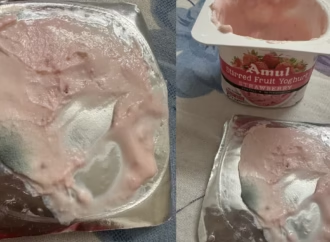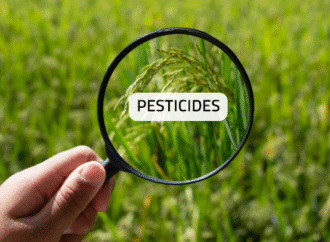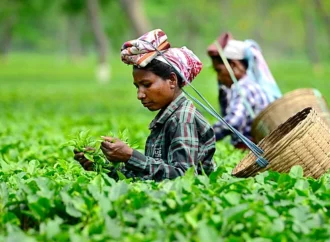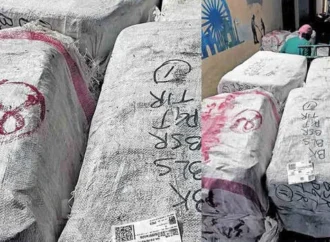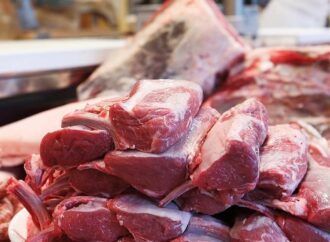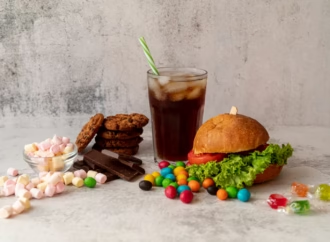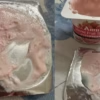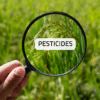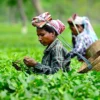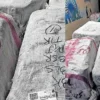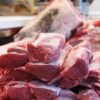Report
As temperatures rise, many people turn to bottled and fresh fruit juices to stay hydrated. Roadside fruit and juice stalls, which attract large crowds between 11 a.m. and 5 p.m., have started operating in anticipation of summer. However, officials from the Food Safety Department in Salem, Tamil Nadu have warned that some vendors are distributing contaminated soft drinks, especially in rural areas and bus terminals. These beverages, produced without adhering to food safety standards, may pose health risks.
Food Safety Guidelines for Cool Drinks
R. Kathiravan, the Designated Officer for the Food Safety Department in Salem District, stated that manufacturers must use Reverse Osmosis (RO) water to produce cool drinks. The bottles must be properly labelled, displaying the FSSAI license number, the producer’s complete address, and both manufacturing and expiry dates. However, manufacturers of these tainted beverages use regular water and exceed the permitted food dye limit of 100 ppm. They primarily target small stores in rural areas and bus stations. Mr Kathiravan urged the public to avoid purchasing unlabeled cool drinks.
Enforcement and Penalties for Violators
The district has deployed 21 food safety officers, including four in Salem City, to inspect shops. With 40,000 traders in the district, officials have urged merchants not to support seasonal beverage producers violating safety regulations. Mr Kathiravan warned that authorities would impose penalties on those caught selling contaminated drinks.
Source: The Hindu
 Food Manifest
Food Manifest 
